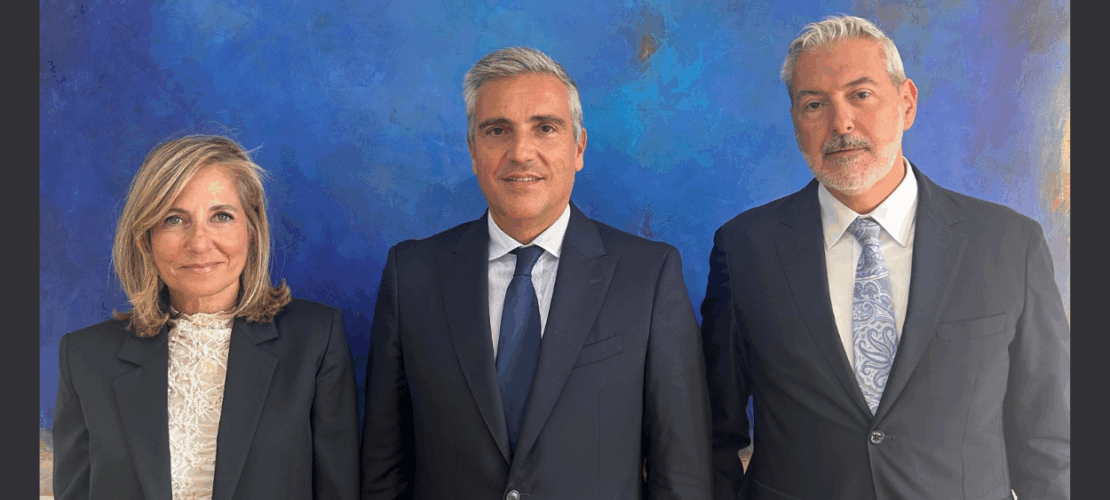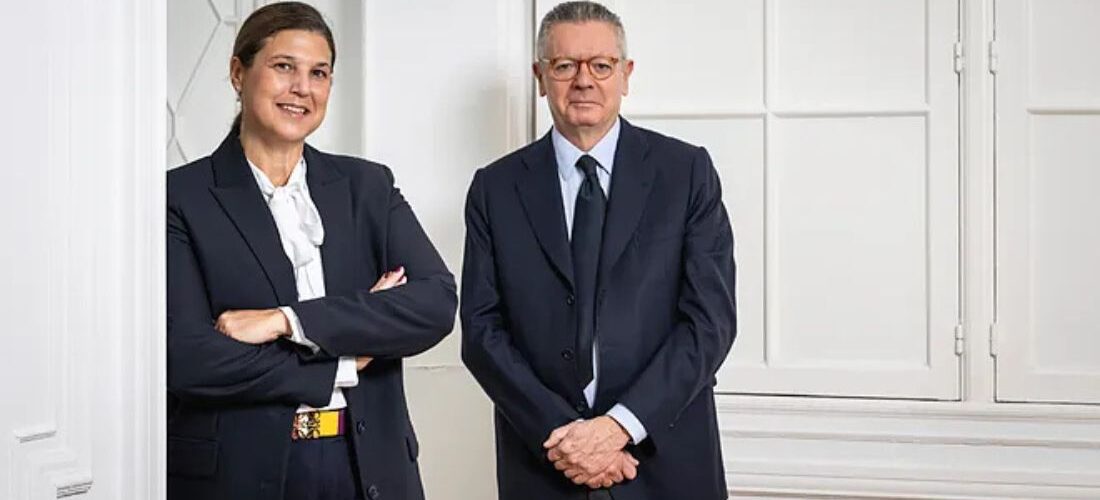Towards a digital Renaissance in law
From legaltech to artificial intelligence, from the classroom to the law firm: innovation expert Antonio Serrano Acitores outlines the roadmap to a new professional model for the legal sector
by ilaria iaquinta
Summarising who Antonio Serrano Acitores is in just a few lines is no easy task. Lawyer, professor, entrepreneur, advisor to several governments on artificial intelligence… the label hardly does him justice. He could be described as a guru of legal innovation — or, taking a slight risk, even as Spain’s answer to Richard Susskind.
He holds a Law degree from ICADE and earned a PhD with distinction from Rey Juan Carlos University. With seven master’s degrees — including an MBA — and further education in digital transformation from MIT, he bridges legal practice with academia and entrepreneurship. He has worked at Linklaters, run his own law firm, is a tenured professor at URJC, and has founded Legaltech ventures such as AI-LEARN and tech training companies like Spartanhack — winner of the 2022 National Technology Award. For two years, he served as Business Development Director at Chiara, a platform for public speaking and legal oratory training using virtual reality and AI. He is the author of fifteen books and over 150 publications on the Metaverse, Digital Law, and innovative contracting.
With this triple perspective — professional, academic, and technological — he shares in this exclusive interview with Iberian Lawyer his insights on the real state of innovation in law firms, the impact of AI on legal practice, and the challenges that will shape the profession’s future.
Let’s begin with a seemingly simple question… What does “innovation” really mean? Is it merely a matter of technology, or does it also involve culture and processes?
Etymologically, innovus means to be in something new, and it doesn’t necessarily imply technology. We shouldn’t confuse creativity, innovation, and technology: while they are related, they are distinct. Creativity is the ability to generate ideas. The innovator puts ideas into action, solves problems, and adapts to uncertainty. Technology incorporates innovation, but not all innovation is technological, you can innovate in processes or workflows. In the legal sector, which is traditionally conservative, innovation can be challenging. But when a technological innovation proves its value, it’s widely adopted—though we tend to lag behind.
Technology has evolved at an exponential pace over the past two years. Not long ago, speaking about AI in a law firm felt futuristic—at least in Europe, where its use in courtrooms lagged behind that of the United States. But today, generative AI is already a reality. How did we move from bafflement to adoption?
With the arrival of ChatGPT in November 2022 and other generative AIs, every sector experienced a major upheaval. This technology—unlike others such as Blockchain, which was supposed to change everything but largely failed to do so beyond Bitcoin and smart contracts—has actually landed. If my children are doing their homework with ChatGPT, it’s clearly permeating all layers of society. It is reshaping society and, by extension, the law and our professional interaction with technology. I train many law firms. There is fear—understandably so—among legal professionals: concerns around data protection, anonymisation, and more. Firms are experimenting with the technology, but what’s lacking is proper training and reassurance. AI is a tool at the service of human dignity. We must treat it as such: lose the fear, get hands-on, break it if needed. In the legal sector, this should happen in controlled environments—but it must begin. This technology enables a small law firm to compete with a larger one, and a national lawyer to contend with an international counterpart.
In concrete terms, where do we currently stand in Spain? How is this impacting day-to-day practice?
…












